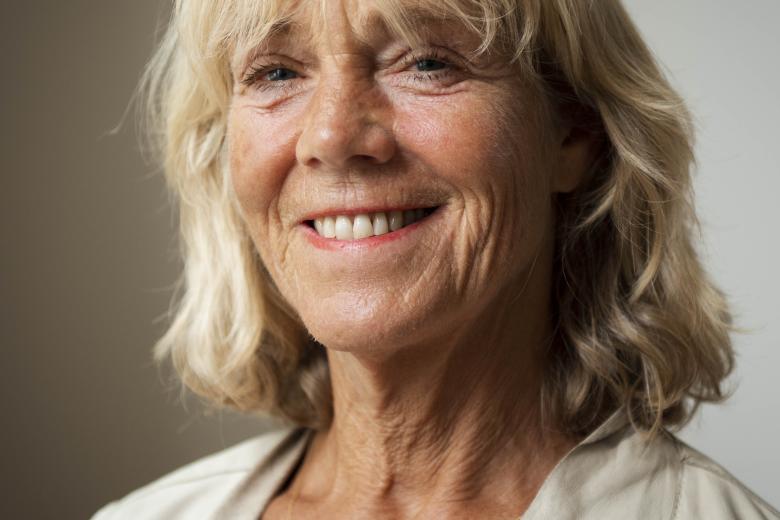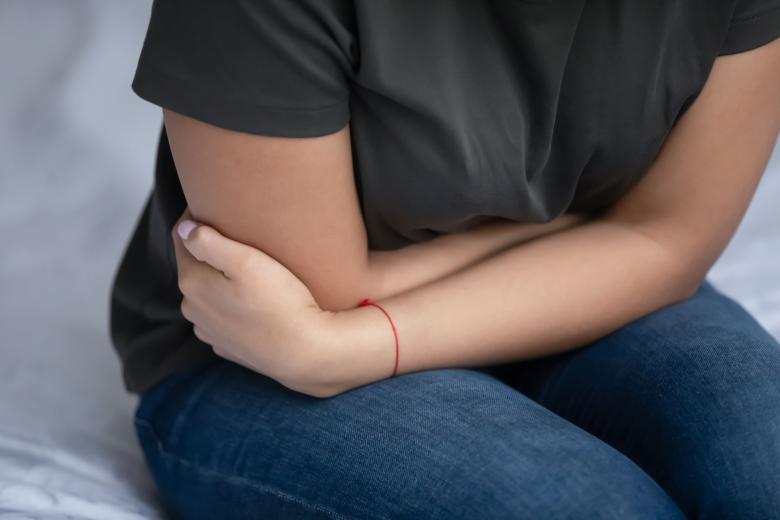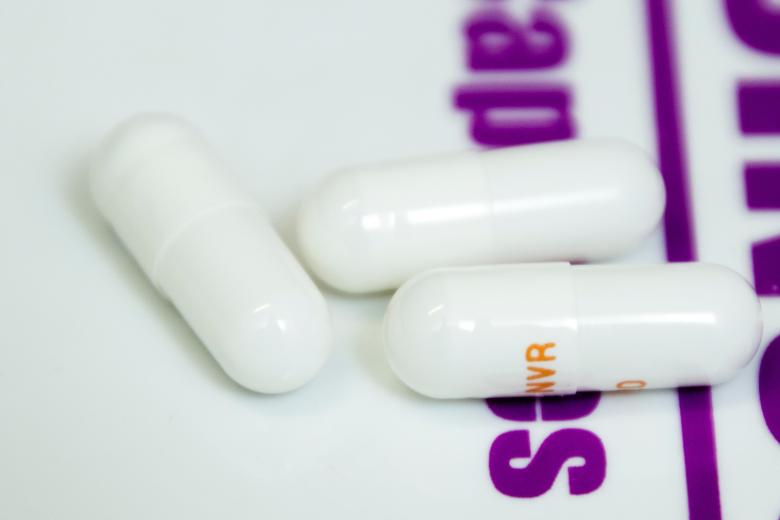Dutch Research Council rewards three Maastricht research proposals
The Dutch Research Council (NOW) has decided that within the so-called ENW Open competition XS research programme, 28 projects will receive funding. Three of those projects are headed by a UM scientist.





